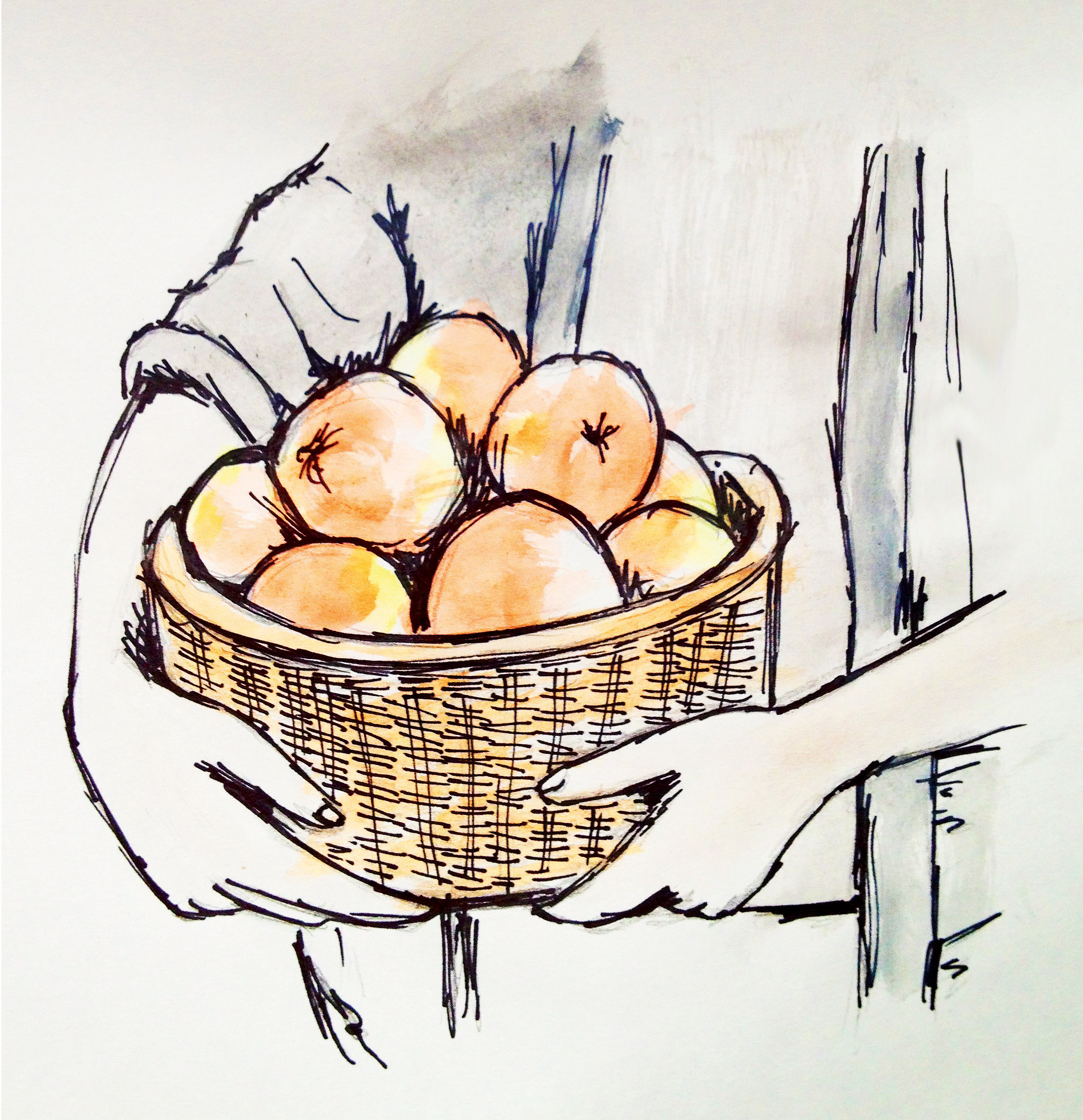U of M Dining Services has been limiting the availability of plastic disposable straws on campus since the beginning of the school year.
The movement to eliminate single-use plastic cutlery worldwide strives to lessen the negative impact on the environment.
According to the UN, more than eight million tonnes of plastic waste enters the world’s oceans each year. Around 2,000 tonnes are comprised of plastic straws. When plastic enters bodies of water, it can be eaten by wildlife, and cause disease and death.
Dining services will still provide disposable straws upon request and are, according to the Sept. 25 board of governors agenda, “looking to source a more environmentally smart replacement product.”
U of M spokesperson John Danakas said that once the remaining plastic straws have been used up, dining services will make the switch to a compostable option. Pembina Hall Residence food services has already switched to reusable cutlery.
All food vendors operated by dining services will be limiting the availability of plastic straws. Independent eateries on campus, such as St. John’s College Daily Bread Café and UMSU’s Degrees, make their own decisions regarding plastic straws. Tim Hortons and Starbucks will follow corporate policy on the issue.
Danakas said the move to limit single-use plastic waste came from “a desire for a more sustainable approach” to university operations.
This move follows many restaurants, companies and even cities proposing to reduce and eliminate the use of single-use plastics.
Popular coffee chain Starbucks pledged to eliminate plastic straws from all 28,000 global stores by 2020. A&W plans to eliminate plastic straws from all 1,000 locations by 2019 and instead use paper straws.
Vancouver has already taken steps to phase out plastic straws. The city aims to introduce bylaws that prohibit restaurants from “providing single-use utensils unless requested by customers” starting in 2019.
Other universities across Canada are implementing similar policies.
The University of British Columbia Food Services recently discontinued the distribution of single-use straws and cutlery. UBC students are encouraged to bring their own reusable straws but food services will offer compostable straws if requested.
U of M student Bella Trybula is in favour of phasing out plastic straws.
“Different celebrities, they’ve actually been kind of promoting that,” Trybula said.
“They’ve been promoting metal straws and everything, which I think is better for the environment [because] plastic straws, they end up on the ground, and it’s just litter.
“It’s not nice.”
Disability advocates have expressed concern about the impact widespread plastic straw bans may have on people with disabilities.
While reusable metal and glass straws are viable options for some, they can also be an unsafe option and even can cause injury for people who rely on plastic straws to drink.
Metal and paper straws are not heat safe and can cause burns when used with hot beverages.
Paper straws also dissolve in water, which can become a choking hazard. Redesigned cups and lids, such as ones introduced by Starbucks this year, require the user to lift the cup, something that not all people can do.
Andy Fenwick, a fourth-year U of M arts student who has served as a students living with disabilities representative for the Canadian Federation of Students, said that while limiting rather than outright banning plastic straws on campus was a “less-isolating” policy, phasing them out entirely after their supply has run out will cause issues for some people on campus.
Even if they are replaced with another product, Fenwick noted that plastic remains the most accessible option.
“Dining services can actively make sure there is an adequate supply of plastic straws available on request for the foreseeable future instead of phasing out plastic straws when their current supply is used,” he said.
Fenwick added that people applauding the widespread removal of single-use plastic cutlery should consider the perspective of other people in the community.
“I think individuals, in general, need to realize that this policy drastically changes the everyday lives of individuals who require plastic straws,” he said.
“I applaud people for wanting to be sustainable but isolating marginalized groups is not the way to achieve sustainability.
“Stop thinking that the only way you can help is by minimally changing your life and drastically changing someone else’s as an effective way of achieving a sustainable future.”




